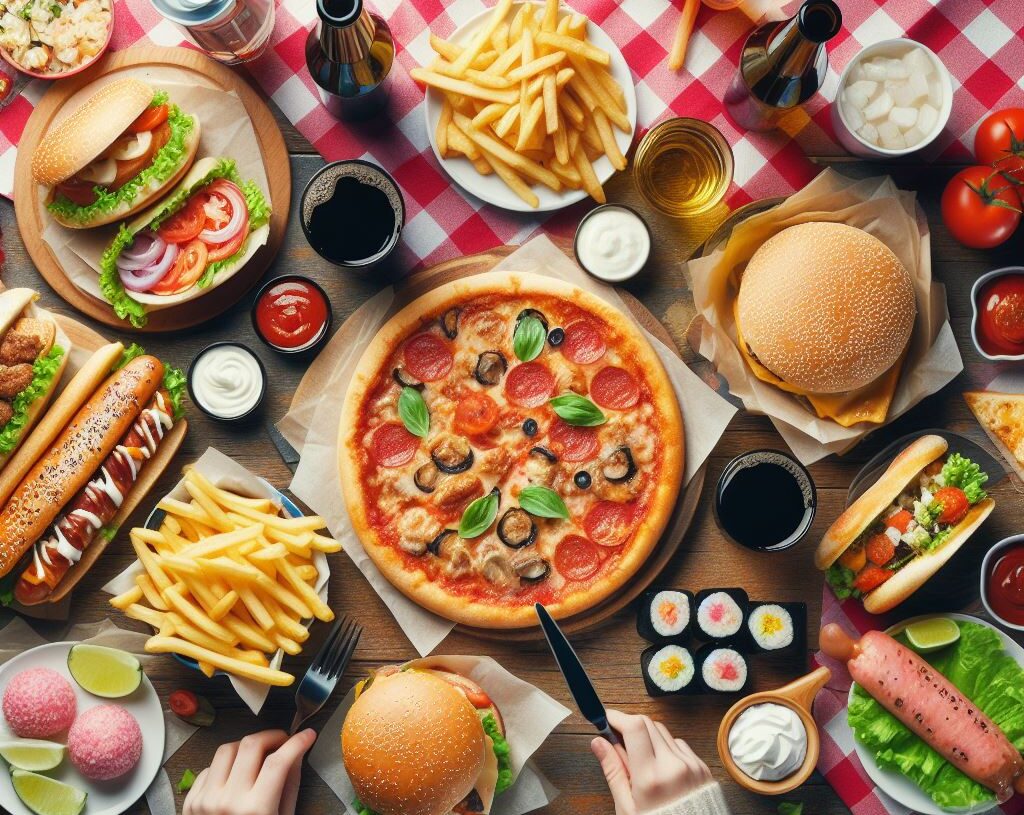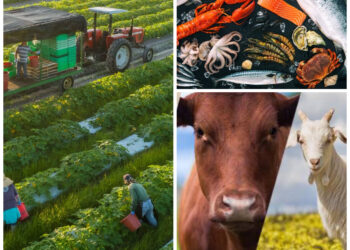Food, clothes, and shelter are basic human needs. In this era of fashion, clothes are more about luxury and style rather than just covering the body but imagine your wardrobe is full of clothes, but nothing suits you. Clothes you own are merely serving the basic purpose and not adding richness to your personality. You buy more but condition is still same; you cannot compromise with this and make all the efforts to sort out the problem. Ironically, we are dealing with the same situation in terms of food but either we are too busy to notice or too ignorant to make any effort to change this.
Majority of people around the world are eating just to full their stomachs and barely few ones care about the origin and nutrient content of the food consumed. How the mankind has landed up in this situation? Human population has been expanding exponentially and there is a pressure to meet the food demands of growing population. This resulted in intensification of crops and monocultures but also biodiversity loss and ecological imbalance. We have reached the point where enough food is grown worldwide that we manage to waste around billion tons of it every year and yet millions of people are facing hunger. Agri-food systems around the world have reached the goal of mass production but it has failed miserably to provide sustainable and nutritious food options. Livestock farming and unsustainable agriculture practices accounts for one-third of global GHG emissions and 41 million trees are being cut each day to expand the agricultural land.
Health of the planet and its people is crying for a sustainable shift in food production and consumption patterns and balance in food quality and food security. World Economic Forum’s report on Global food health and human health has pointed out that hidden cost of food on health and environment is $19.8 trillion as compared to cost of global food consumption, which is $9 trillion. Planet Earth and human-beings are paying heavy price but for what? Just to keep tummies full at the expense of well-being which is constantly degrading and our future generations are about to inherit a sick planet and weak immunity.
As per WHO, Annual Reviews, Institute for Global health sciences, 30% of human population is obese and the rate is highest in developing countries. In this fast paced world, people prefer easy to cook or readymade food; plenty of options are available to provide you calorie dense but nutrient deficient food. Delicious and easily accessible food keeps you going for the hectic day but also invites lifestyle disorders; which once enter the body, are hard to send away. Covid pandemic unleashed the bitter but much needed truth about the quality of food we are eating. Humans are meant to co-exist with every other living being and immunity is our armour towards not so friendly and not visible to naked eye fellow-beings. But that micro-being, not considered even a living-being; made mockery of our immunity for so many months and we are still dealing with the after-effects and people with lifestyle disorders were at higher risk.
A survey was conducted in 25 European countries and the findings reported hidden hunger prevalent among most of the adults. You may not be grappling with lifestyle disorders but your body is fighting and coping with the deficiencies of essential micronutrients such as Vitamin D, C, B12 folic acid, and calcium. The culprit again is nutrient deficient but calorie dense food.
Enough food is produced, but it is still not enough for us to lead a healthy life. Means employed in the production of food are not satisfactorily meeting the ends. Current agri-food systems cannot be changed overnight but we as individuals can take proactive approach by investing our time and money to make healthy choices rather than wasting these resources to cure lifestyle disorders later.






